Cambodians and their Doctors: A Medical Anthropology of Colonial and Post-Colonial Cambodia
by NIASJan Ovesen and Ing-Britt Trankell
July 2011, 316 (xv + 301) pp., 21 b/w illus., 6 tables, Paperback, 15x23 cm
At face value, this book is about medicine in Cambodia over the last hundred years. At the same time, however, by using ‘medicine’ (in the sense of ideas, practices and institutions relating to health and illness) as a prism through which to view colonial and post-colonial Cambodian society more generally, it offers an historical and contemporary anthropology of the nation of Cambodia.
Rich in ethnographic detail derived from both contemporary anthropological fieldwork and colonial archival material, the study is an account of the simultaneous presence in Cambodia of two medical traditions: the modern, biomedical one first introduced by the French colonial power at the turn of the twentieth century, and the indigenous Khmer health cosmology. In their reliance on one or the other of the two traditions, to a large extent the Khmer people have been concerned about finding efficient medical treatment that also adheres to social norms (not least the emphasis on the morality of social relations). This concern is also evident in the prevailing medical pluralism in Cambodia today.
The authors trace the interaction (and lack thereof) between these two traditions from the French colonial period via the political upheavals of the 1970s through to the present day. The result is more than a work on medical anthropology; this is a key text that also makes a significant contribution to the anthropological study of Cambodian society at large and will be an important resource for development planners and aid workers in medical and related fields.
What others are saying
“This is a compelling, persuasive study of the ‘indigenization’ of global bio‐political knowledge in Cambodia from colonial to modern times. Rigorously researched, balanced in interpretation and cautionary rather than idealistic, scholars and policymakers alike will derive much benefit from this insightful assessment of the human condition in Cambodia today. It is benchmark, interdisciplinary social science for showing us how social order and everyday survival are continually shaped and reshaped by successive models of governance.” — Laura Summers, University of Hull
Highlights
- Offers a unique blend of historical anthropology and contemporary ethnography
- A key text for scholars and students of Cambodia and Southeast Asia in general
- An important resource for development planners and aid workers in medical and related fields
About the Authors
and are associate professors of anthropology at Uppsala University in Sweden. They have been engaged in the study of Cambodian society since 1995.
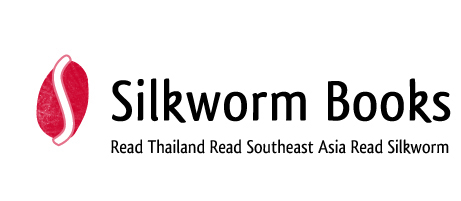
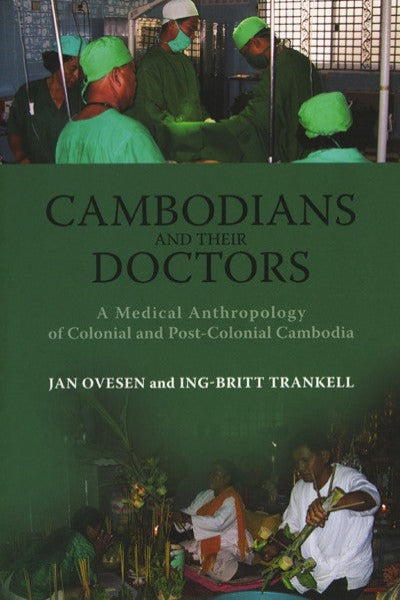
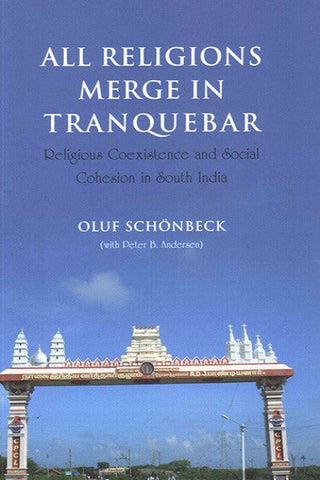
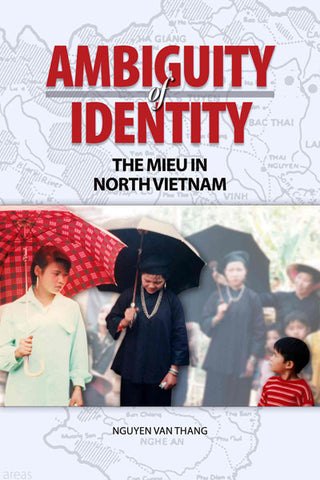
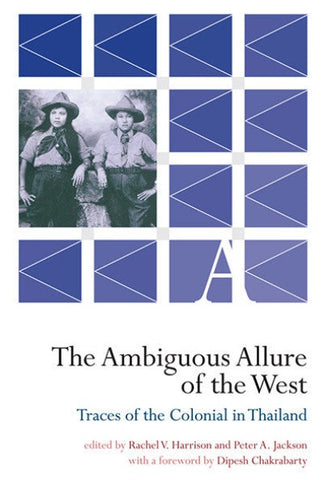
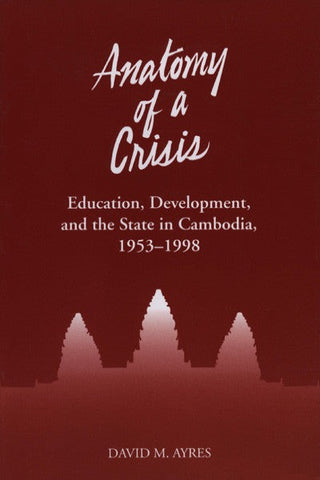
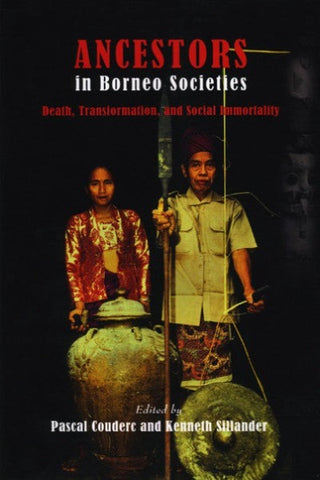
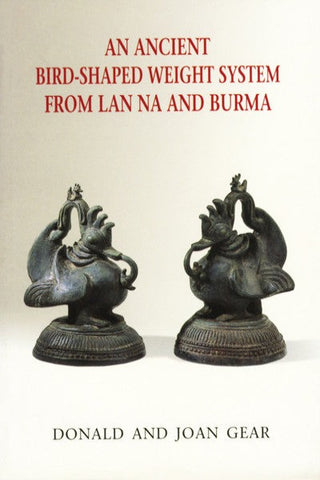
Share this item: